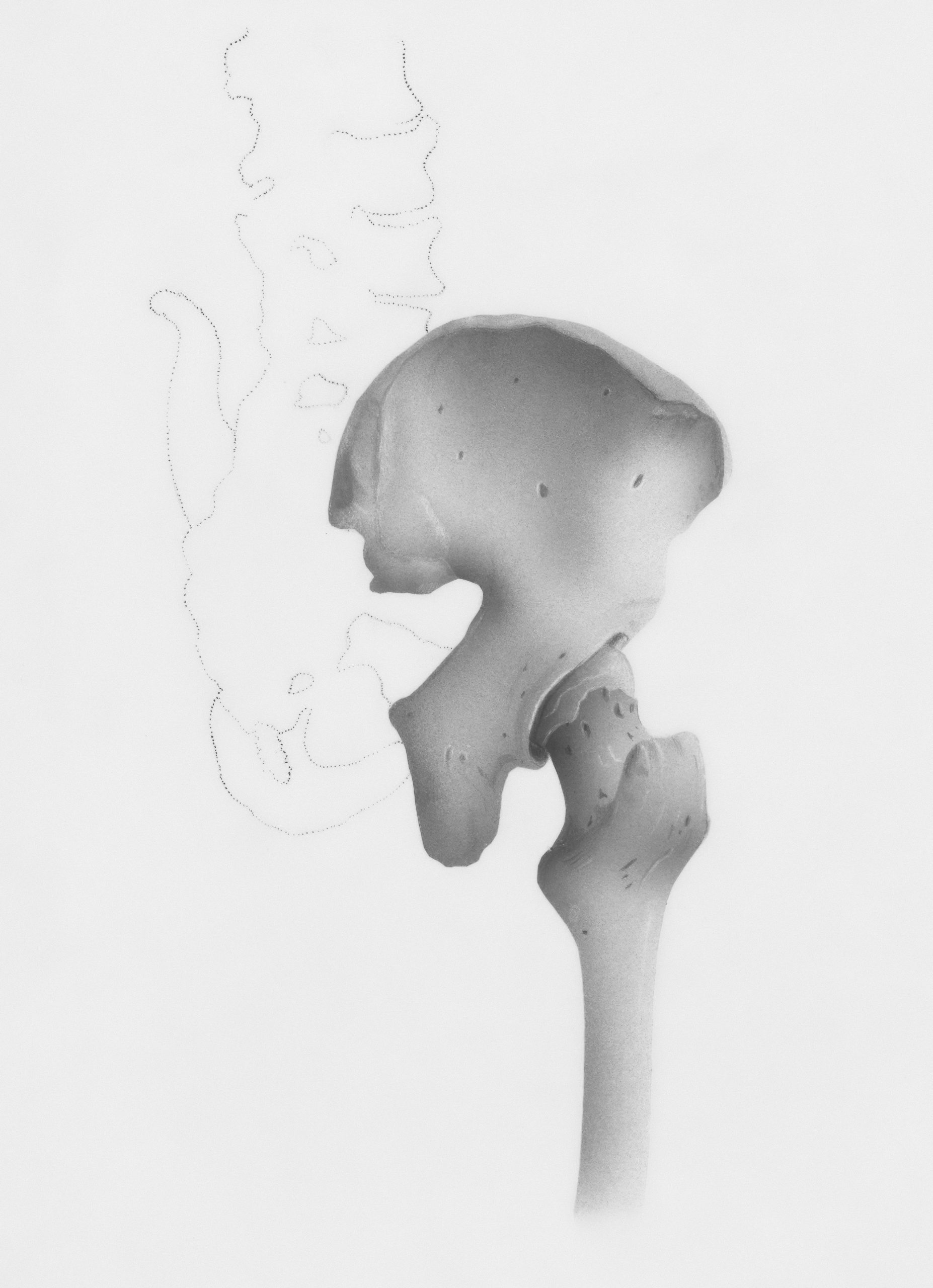Total hip replacement | What to expect
Hip replacement surgery is a routine surgical procedure. Despite this, it’s a major undertaking and it’s only natural that you are likely to have some questions or concerns about the road ahead. Physiotherapy plays a crucial role in facilitating a smooth recovery following a hip replacement therefore we are well placed to guide you though what to expect over the coming days, weeks and months. This guide will cover what to expect on the day of surgery and highlight the milestones that you can expect to achieve over the subsequent months.

Total hip replacement- What to expect in the first few days
Knowing what to expect on the day of your surgery and the immediate days following can help you to feel prepared and ease any apprehension you may feel leading up to it.
On the day of hip replacement surgery, you can expect to begin physiotherapy shortly after the procedure. This will involve simple exercises to get your leg moving and to ‘wake up’ the key muscles that support the hip.
As soon as you are able, you will be encouraged to sit on the edge of the bed, stand with the assistance of a frame and step transfer to a chair. At this point in time, it’s very normal once the effects of any anaesthetic have worn off, for the hip to be very sore and the leg to become increasingly swollen. It might therefore seem cruel to get you moving so soon, however, it is well known that early mobilisation lowers the risks of clots and leads to a shorter hospital stay with an overall quicker recovery.
Top tip: Ask for pain relief! The hip goes through a significant amount of trauma during the op therefore understandably, the first few days can be really quite sore. Liaise with the nursing staff and physiotherapists to ensure that you have adequate pain killers, particularly in those early days.
You are likely to remain as an inpatient for typically 1-3 days. Some people are even discharged on the same day! Prior to going home, a physiotherapist will ensure you feel confident with walking and using stairs. You will typically be discharged walking with two elbow crutches but less mobile patients may require a frame.
Post-operative milestones in recovery
So you’ve had your total hip replacement, your back home and wondering what’s next- when should I be weaning off my crutches or how much exercise should I be doing? Will I make my cycling holiday in 9 months? Below, we have set out some rough milestones to help manage your expectations for your recovery. This process should always be guided by a physiotherapist and rates of progression can vary, but from our experience, for most people this is what it looks like.
First few days post total hip replacement:
- Managing pain with appropriate and regular pain killers
- Wound care as instructed and usually a check in with a nurse within 1-2 weeks
- Start walking with a walking aid – most likely crutches
- Practice functional movements safely- e.g. getting in and out of bed, up and down the stairs
- Initiate basic range of motion exercises
Within 1-2 weeks:
- Progress to a walking stick or one crutch if balance allows under your physiotherapist’s guidance.
- Increase walking distance gradually- this may just be around the house or short distances outside
- Start gentle strengthening exercises.
- Increase confidence on stairs with support
2-6 weeks:
- Most individuals can walk independently with minimal assistance
- Introduce more functional exercises mimicking daily activities
- Start gentle balance and proprioception training
6-12 weeks:
- Driving is typically from 6 weeks (once you can safely perform an emergency stop)
- Increased activity levels with low-impact exercises like swimming or stationary biking
- Focus on normalising gait pattern
- Increase intensity of strengthening exercises
- Expand range of motion exercises
3-6 months:
- Return to most daily activities with minimal assistance
- Introduce more challenging balance exercises
- Begin low-impact recreational activities (if approved)



6 months to 1 year:
- Full recovery with most individuals able to resume normal activities, including higher impact exercises, with a continued focus on maintaining strength, flexibility and balance.
At The Physios our goal is to support your post-op recovery from the initial few days and weeks all the way to achieving your personal goals. Our team of physiotherapists will tailor a rehabilitation plan to suit your needs and guide you every step of the way. Our one to one studio rehab sessions provide the ideal environment to facilitate this. You can read more about these here.
If you have any questions regarding total hip replacement surgery or any other injury, you can book an appointment online here, or call our friendly reception team on 0114 267 8181.








